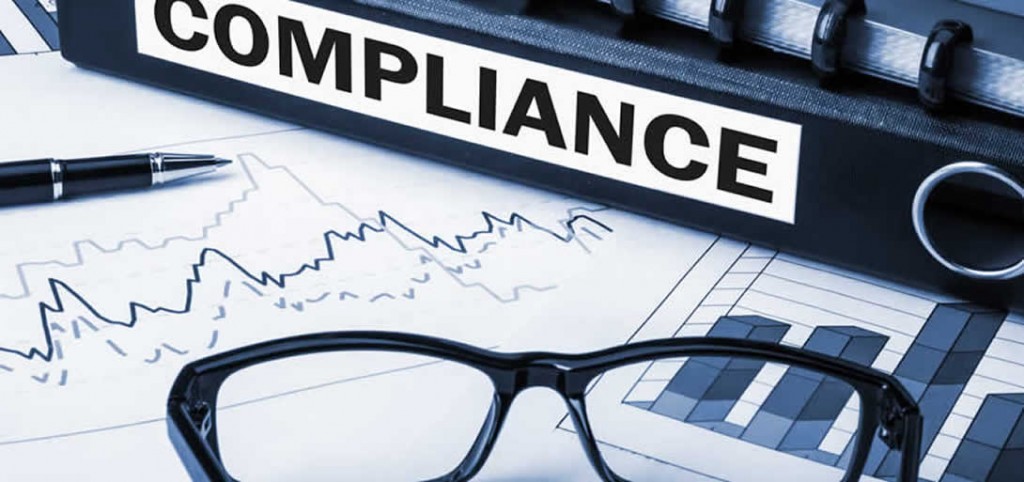What Does Compliance Really Mean
As a business owner, you need to know and understand the legalities of running a business. This is why it’s important to prepare a business plan before you pitch investors (if you plan on doing this) with your business idea. You need to be aware of what you’re getting yourself into when it comes to owning a business. For example, do you know what compliance really means? It refers to federal, state, and local rules and regulations that are required to keep your business in good standing with the state(s) where it does business. Read on to find out why your business needs to be compliant and learn 6 compliance hacks to keep you on track.
Why Your Business Needs to be Compliant
If your business doesn’t follow the rules of your state or the states you conduct business in, you may find yourself in hot water with the feds, state, and local officials. Remember, you don’t want the IRS knocking on your door. If you have a corporation or LLC (Limited Liability Company), your personal assets may be in jeopardy. They may not be protected from lawsuits against your company, which by the way, is known as piercing the corporate veil. Worse yet, your company may be dissolved. You don’t want that, do you?
6 Compliance Hacks to Keep You on Track
1. Use a compliance checklist.
Create or have your accountant prepare a compliance checklist. You may keep track of items such as ownership, stock certificates, board of directors and other meetings, ownership agreement, PCI compliance (payment card industry), SOX compliance, and more.
2. Review financial statements often.
This may seem like a no brainer, but it warrants mentioning. While it’s a great idea to review financial
statements during tax season, you want to look at them monthly or quarterly to ensure you’re hitting your numbers. Most importantly, you’ll be able to detect potential fraudulent accounting activities.
3. Hire a CPA or certified tax preparer to prepare your tax returns.
Hire a professional to prepare your tax returns. A CPA or certified tax preparer will know and understand how to properly file all of your tax returns. For example, they’ll know the appropriate amount of business deductions you may claim. A CPA and certified tax preparer can also recommend the estimated taxes you may pay.
4. Review your operating agreement.
Do you have a LLC? If you do, you’ll want to keep your operating agreement up to date. If your state doesn’t require (many states require one) your business to have an operating agreement, you may want consider creating an operating agreement. You and your co-owners can establish the percentage of ownership in the LLC, shares of profits and losses, rights and responsibilities, and what happens if someone leaves the business.
5. File your annual report.
In most states, corporations and LLCs have to file an annual report also known as an annual statement. Some states require a biennial statement. The fee to file an annual report may range from $10 to $300 or more.
6. Hire a forensic accountant.
If you think your business is not in compliant or if you have purchased a business from someone, hire a forensic accountant who has an eye for detail and can spot and investigate discrepancies within your financial documents. He or she can recommend the appropriate action steps needed to get your business in compliance with the states where you do business. All of the detective work will pay off and keep you on track.
Keep Your Business in Regulatory Compliance
Violations may result in legal punishment, including local, state, and federal fines and possible jail time. To stay on track with compliance for your business, refer to this this compliance hacks post as often as needed. Surround yourself with good people and hire the right employees. Also, use the best accounting tools, for example, QuickBooks for your small business accounting. Don’t skimp on compliance for your business.



